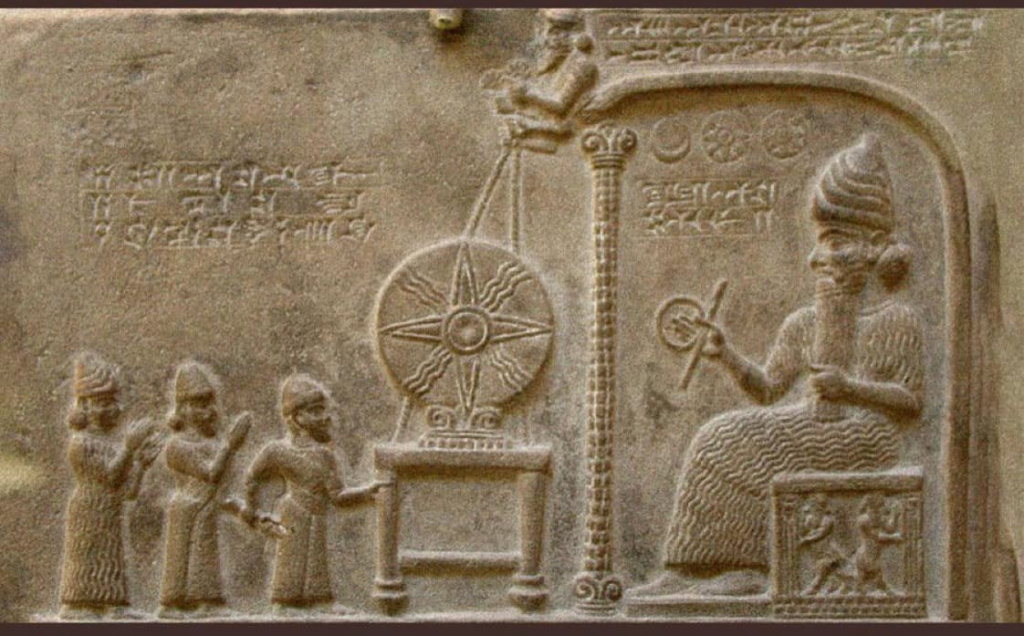The truth about the Sumerians

There is a strange fact, which is that two centuries ago, no one even knew anything about the existence of the Sumerians in ancient times. The excavators who discovered the Sumerians were not looking for their traces, but rather for the traces of the Babylonians and Assyrians, who became famous in the Torah and ancient history, because the name of Sumer itself had been erased from human thought and memory for more than two thousand years, while their deeds had influenced the countries of the Near East in the civilizational field for thousands of years. "
(Sumerians) We do not know much about the origins of the Sumerians, and scholars have hypothesized many hypotheses regarding them. Some Iraqi researchers consider them to be among the people who migrated from northern to southern Iraq, acknowledging their mountainous origins.
But this opinion contradicts what the Sumerians themselves said about their origin, as stated in one of the Sumerian clay tablets and reported by the Iraqi researcher Ahmed Sousa (what the Sumerians reported was that they left a home in a mountainous land that could be reached by sea), as northern Iraq is a mountainous land, but it is not separated from southern Iraq. Any sea. After their migration, they settled in the south at the mouths of the Tigris and Euphrates around the year 3200 BC, and there they founded cities that were independent kingdoms, the most famous of which were: Ur, Uruk, Uma and others. Swamps separate these cities, but they are connected by paved canals. Others believe that the Sumerians were among the peoples that migrated from southern Iraq to establish an alternative homeland during the decline of the last ice age in which the desertification of the Arabian Peninsula began while the Mesopotamian swamps were drying up to turn into land suitable for settlement and agriculture. One of the most important defenders of this opinion, Abdel Moneim Al-Mahjoub, in his book Pre-Linguistics, argues that the peoples who migrated from the Arabian Peninsula to Mesopotamia coincided with the peoples who migrated from the Sahara Desert to the Nile Valley, and that these peoples constitute the eastern and western ends of the Afro-Asian Basin, which He spoke one language, Sumerian, with multiple dialects. This opinion - if true - means that the Sumerians are Semitic people who are considered among the ancestors of the current Arabs.
Source: websites

